With the advent of Apple Silicon, Apple was able to directly fascinate the world. This name hides its own chips, which replaced earlier processors from Intel in Mac computers and significantly advanced their performance. When the first M1 chips were released, practically the entire Apple community began to speculate about when the competition would react to this fundamental change.
It could be interest you
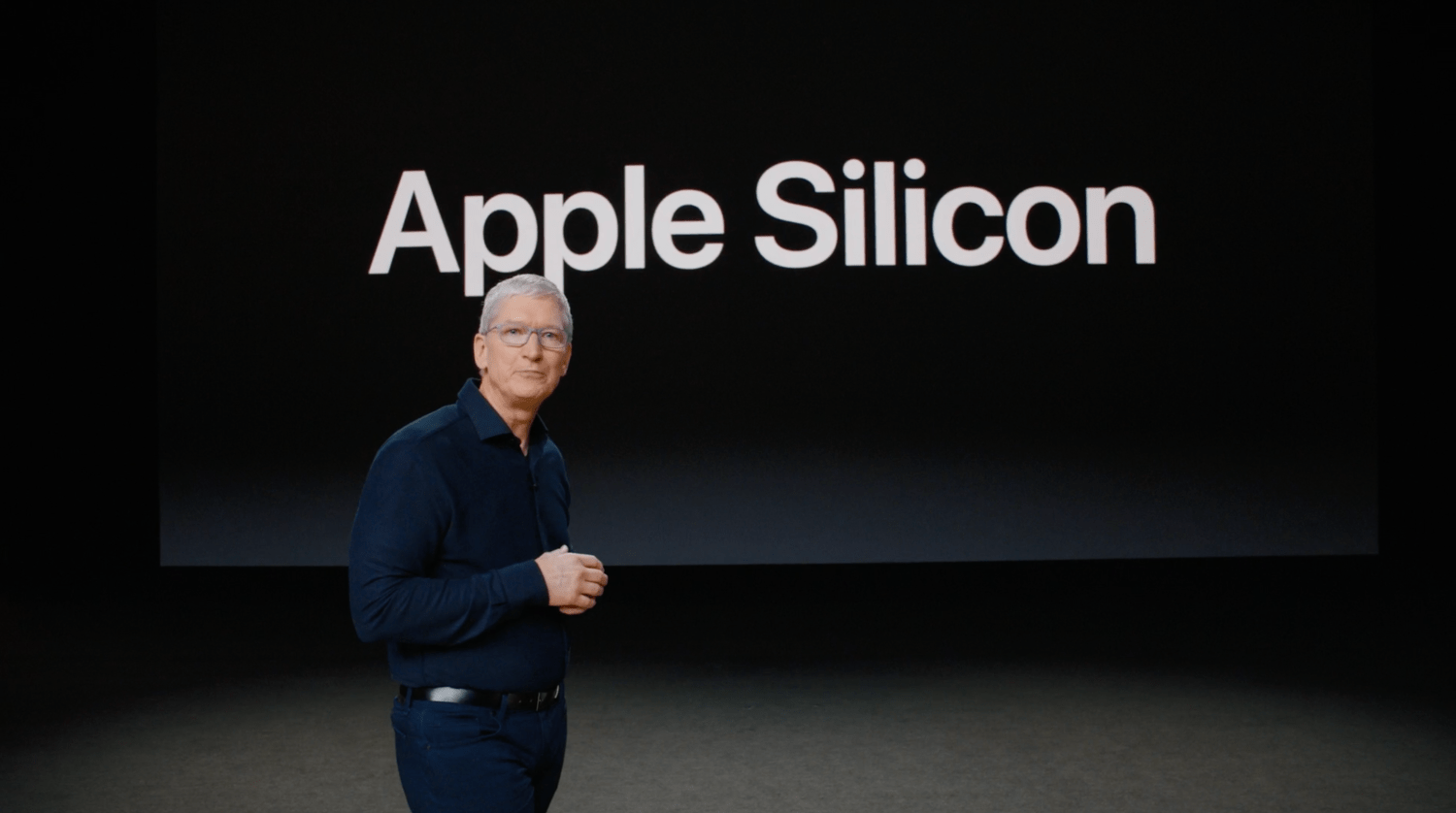
However, Apple Silicon is fundamentally different from the competition. While processors from AMD and Intel are based on the x86 architecture, Apple has bet on ARM, on which mobile phone chips are also built. This is a fairly major change that requires refactoring earlier applications that were made for Macs with Intel processors to a newer form. Otherwise, it is necessary to ensure their translation through the Rosetta 2 layer, which of course eats up a large part of the performance. In the same way, we lost Boot Camp, with the help of which it was possible to do a dual boot on the Mac and have the Windows system installed alongside macOS.
Silicon presented by competitors
At first glance, it may seem that the arrival of Apple Silicon has changed practically nothing. Both AMD and Intel continue with their x86 processors and follow their own path, while the Cupertino giant only went its own way. But this does not necessarily mean that there is no competition here, on the contrary. In this regard, we mean the California company Qualcomm. Last year, it employed several engineers from Apple who, according to various speculations, were directly involved in the development of Apple Silicon solutions. At the same time, we can also see some competition from Microsoft. In its Surface product line, we could find devices that are powered by an ARM chip from Qualcomm.
On the other hand, there is another possibility. It is appropriate to think about whether other manufacturers need to copy Apple's solution at all, when they already completely dominate the computer and laptop market. In order for Mac computers to surpass Windows in this respect, a miracle would have to happen. Practically the whole world is used to Windows and sees no reason to replace it, especially in cases where it works flawlessly. This option can therefore be perceived quite simply. In short, both parties make their own way and do not step under each other's feet.
Apple has the Mac completely under its thumb
At the same time, the opinions of some apple growers appeared, who look at the original question from a slightly different angle. Apple has a huge advantage in that it has practically everything under its thumb and it is only up to it how it will deal with its resources. He not only designs his Macs, but at the same time prepares the operating system and other software for them, and now also the brain of the device itself, or chipset. At the same time, he is sure that no one else will use his solution and he doesn't even have to worry about a drop in sales, because on the contrary, he helped himself significantly.
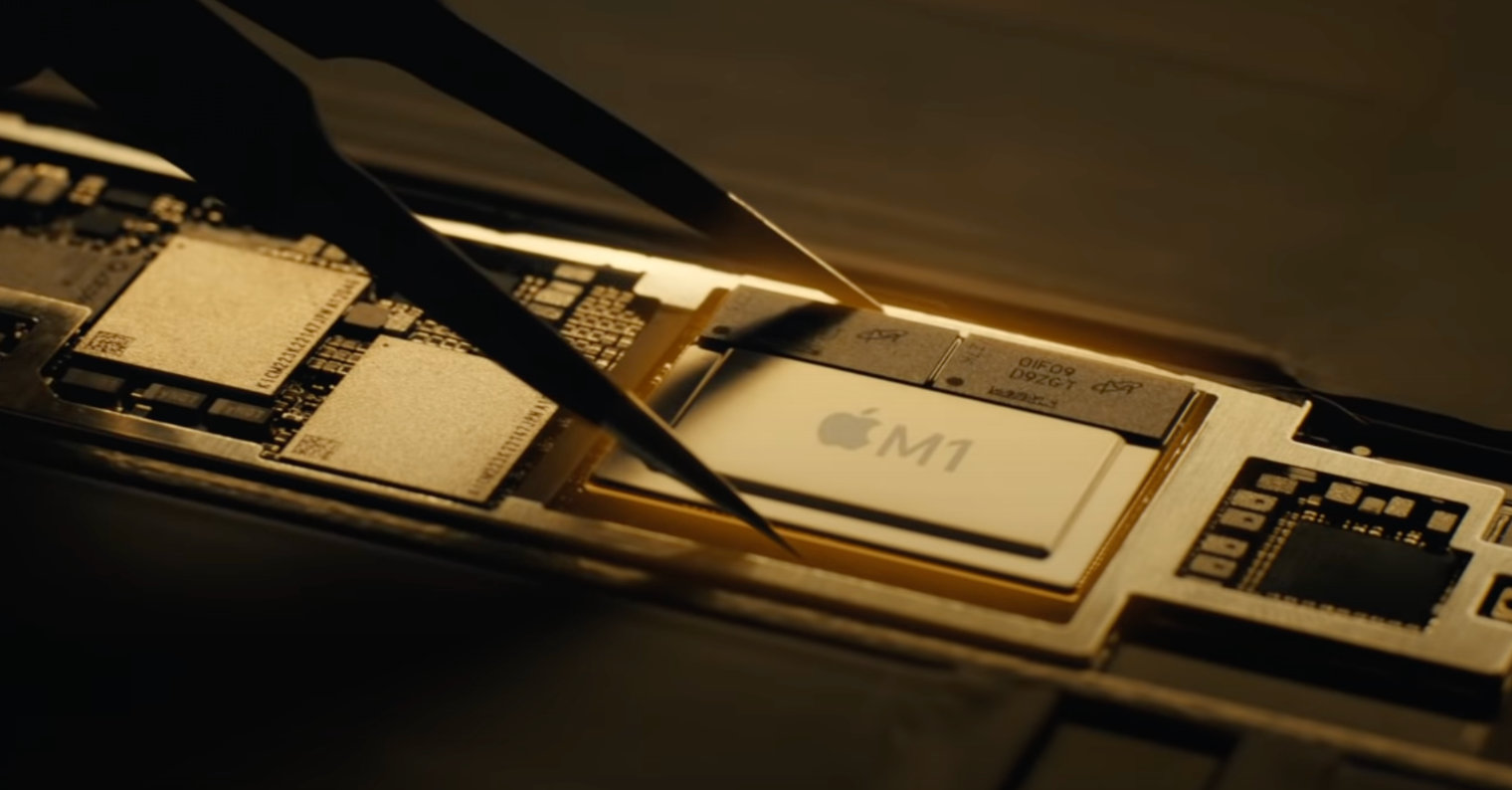
Other manufacturers are not doing so well. They work with a foreign system (most often Windows from Microsoft) and hardware, as the main suppliers of processors are AMD and Intel. This is followed by the choice of graphics card, operating memory and a number of others, which in the end makes such a puzzle. For this reason, it is difficult to break away from the conventional way and start preparing your own solution - in short, it is a very risky bet that may or may not work out. And in such a case, it can bring with it fatal consequences. Even so, we believe that we will see full-fledged competition soon. By that we mean a real competitor with a focus on performance-per-watt or power per Watt, which Apple Silicon currently dominates. In terms of raw performance, however, it falls short of its competition. Unfortunately, this also applies to the latest M1 Ultra chip.
It could be interest you
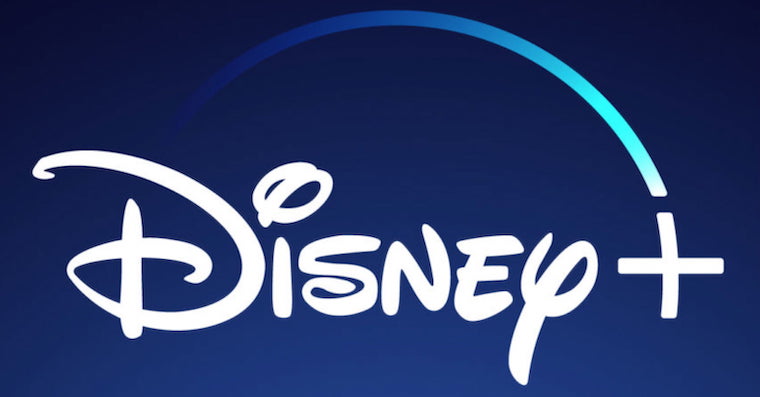

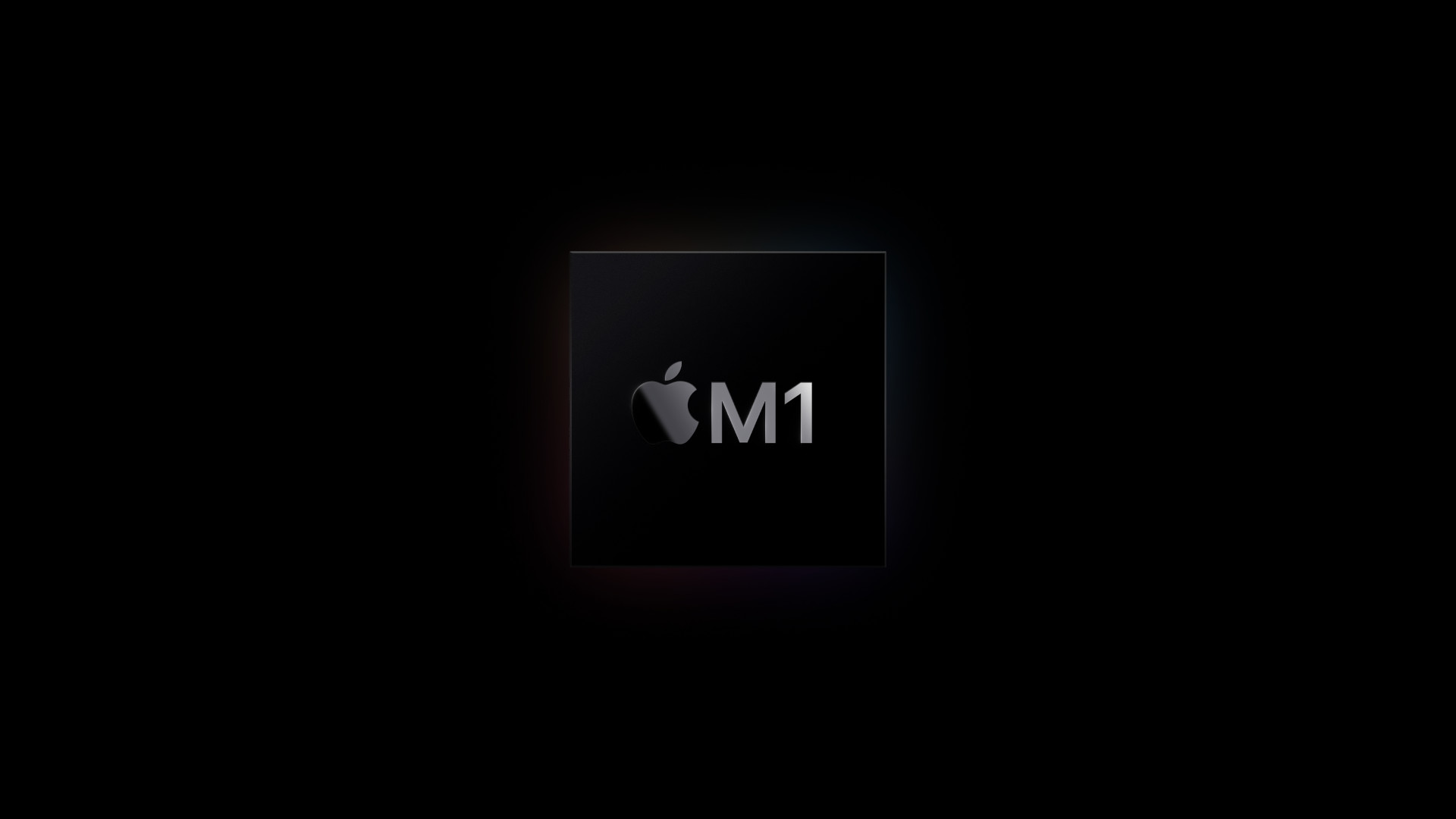
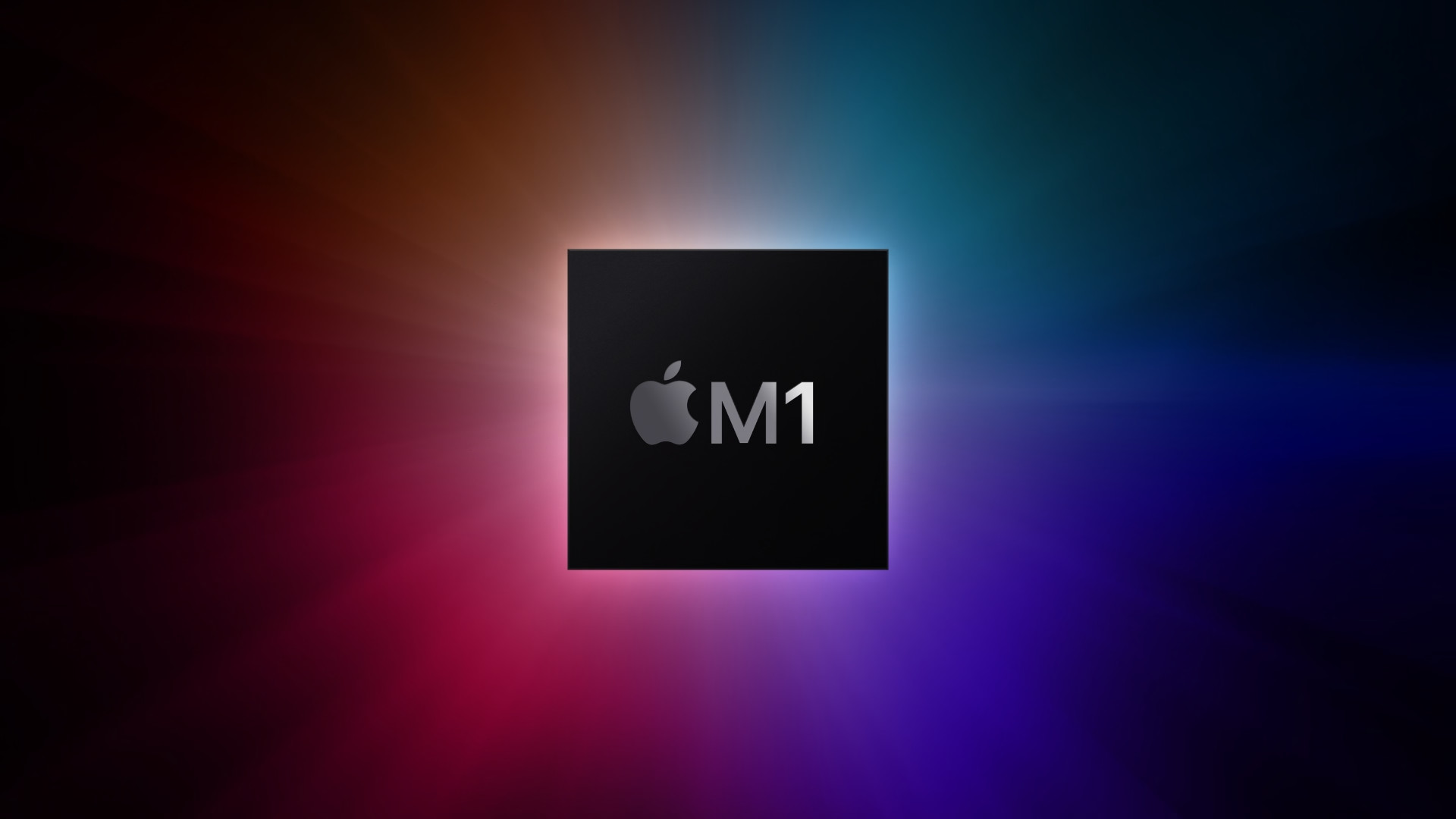
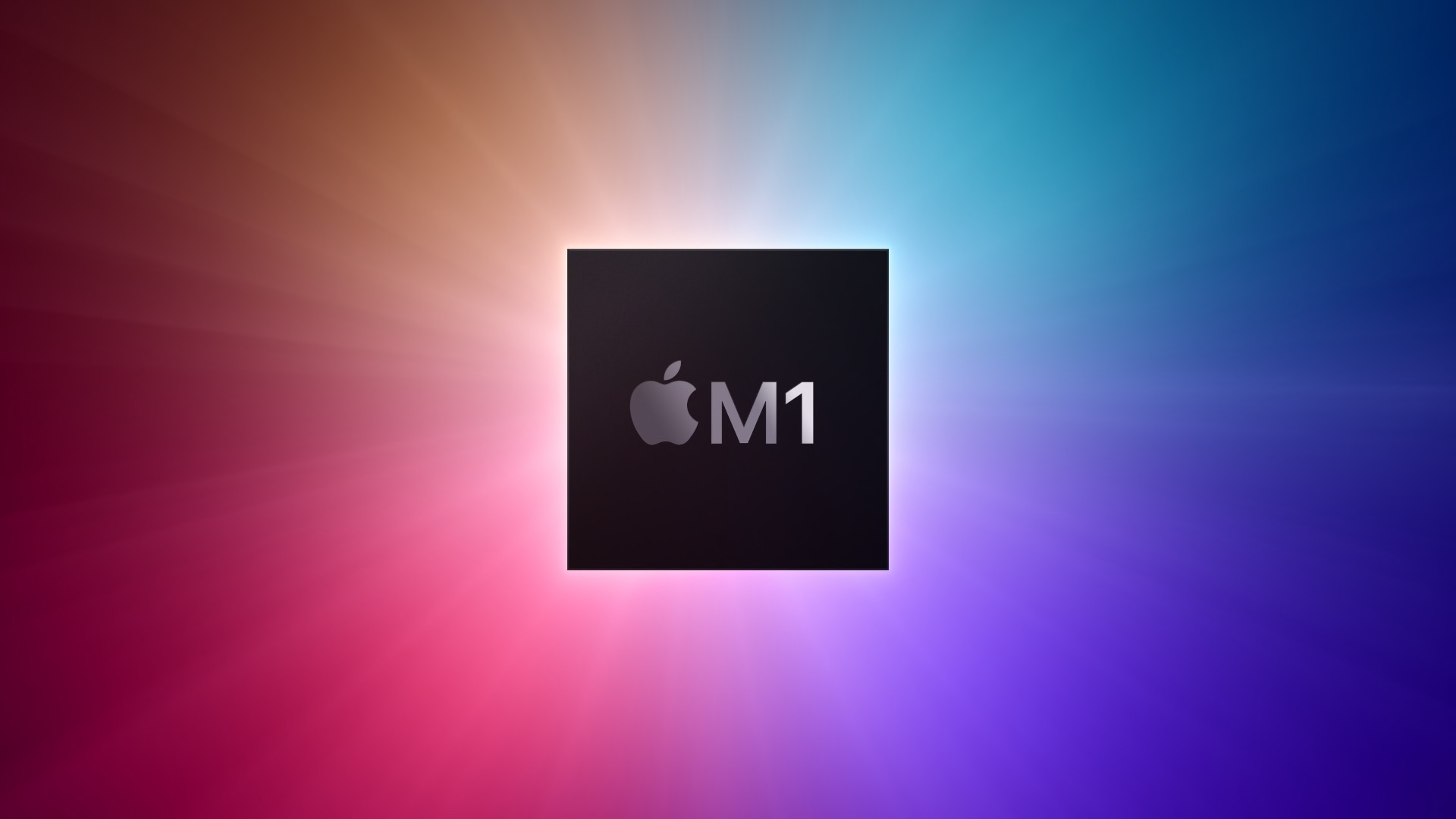
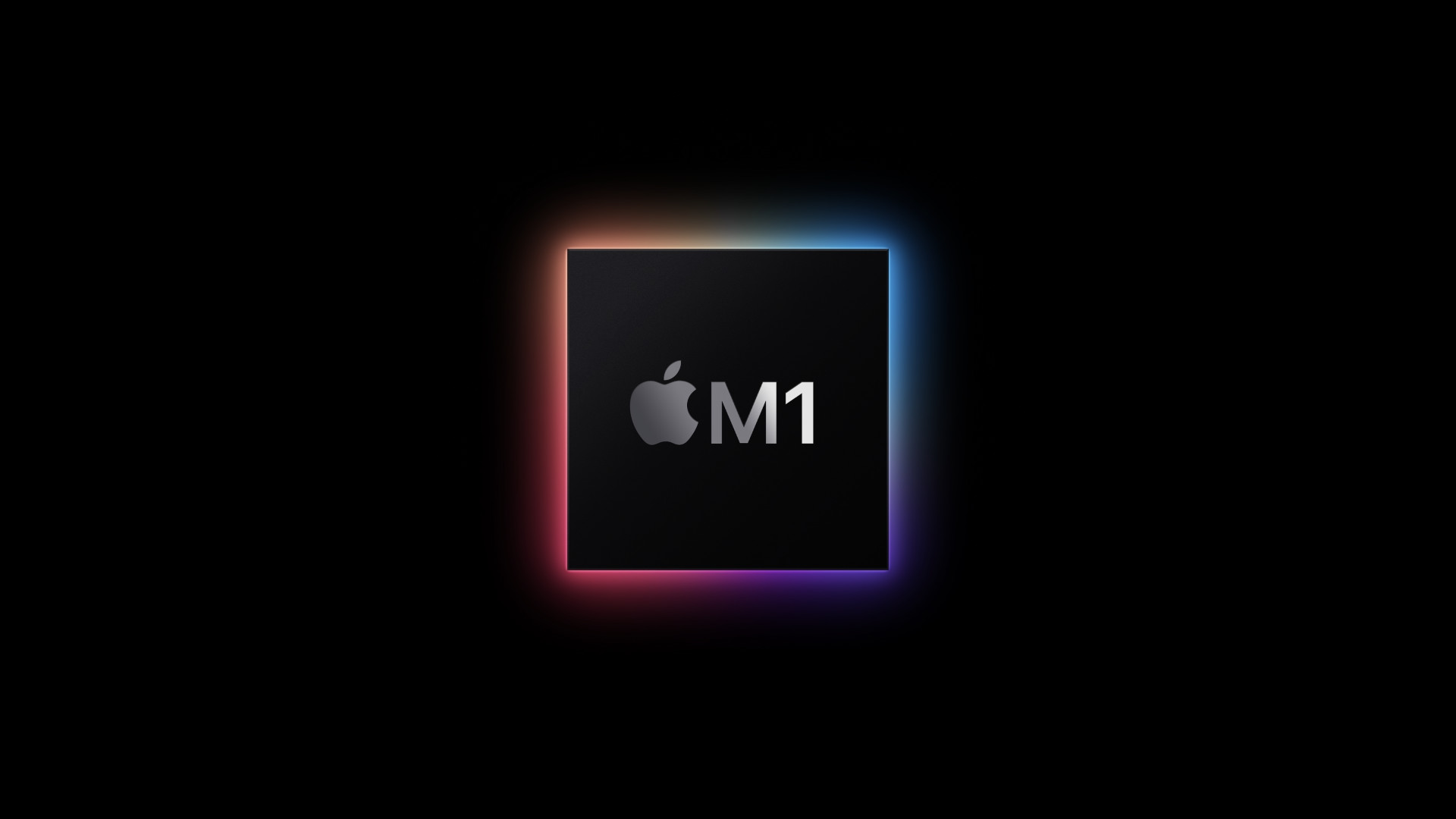
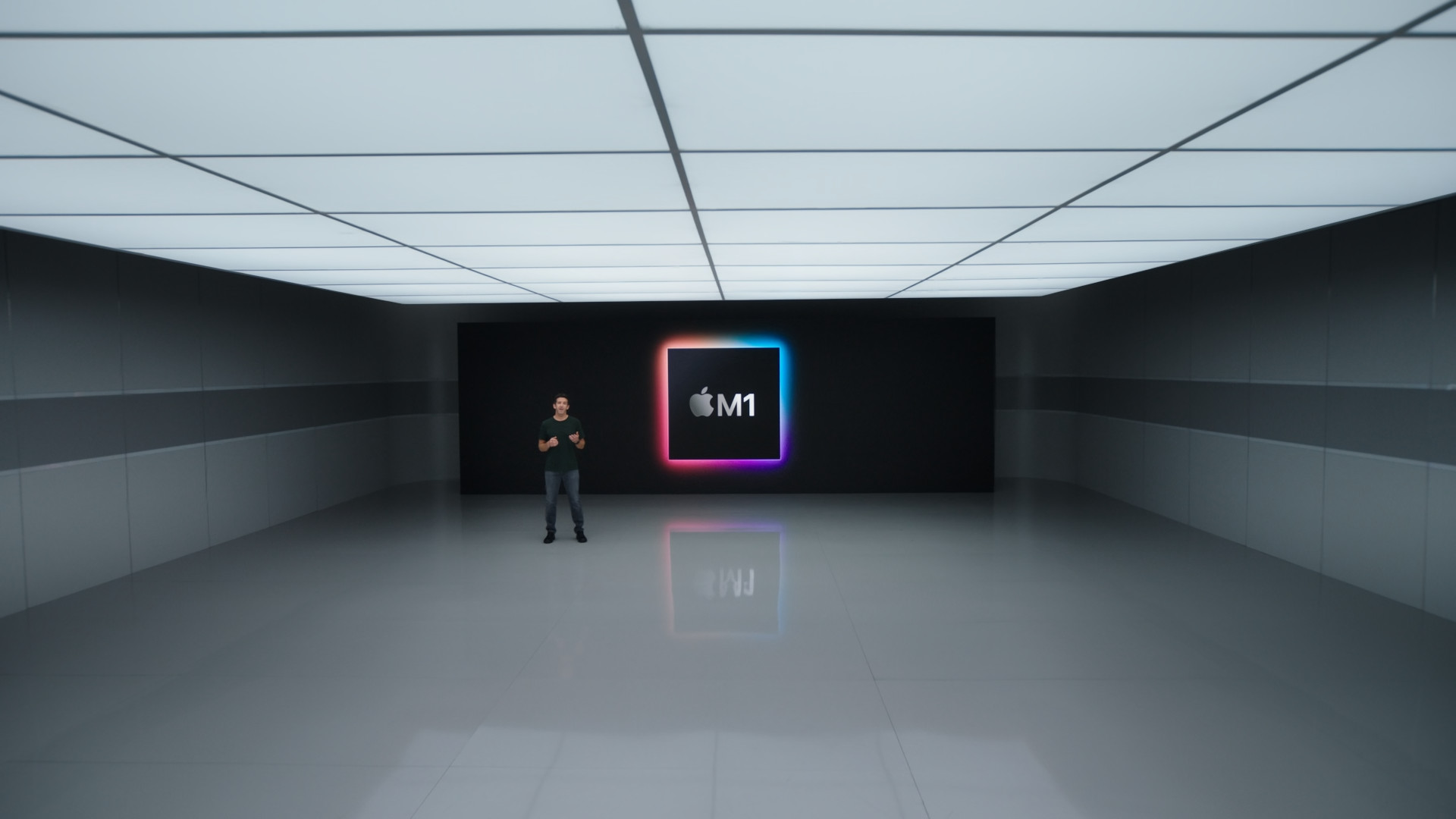
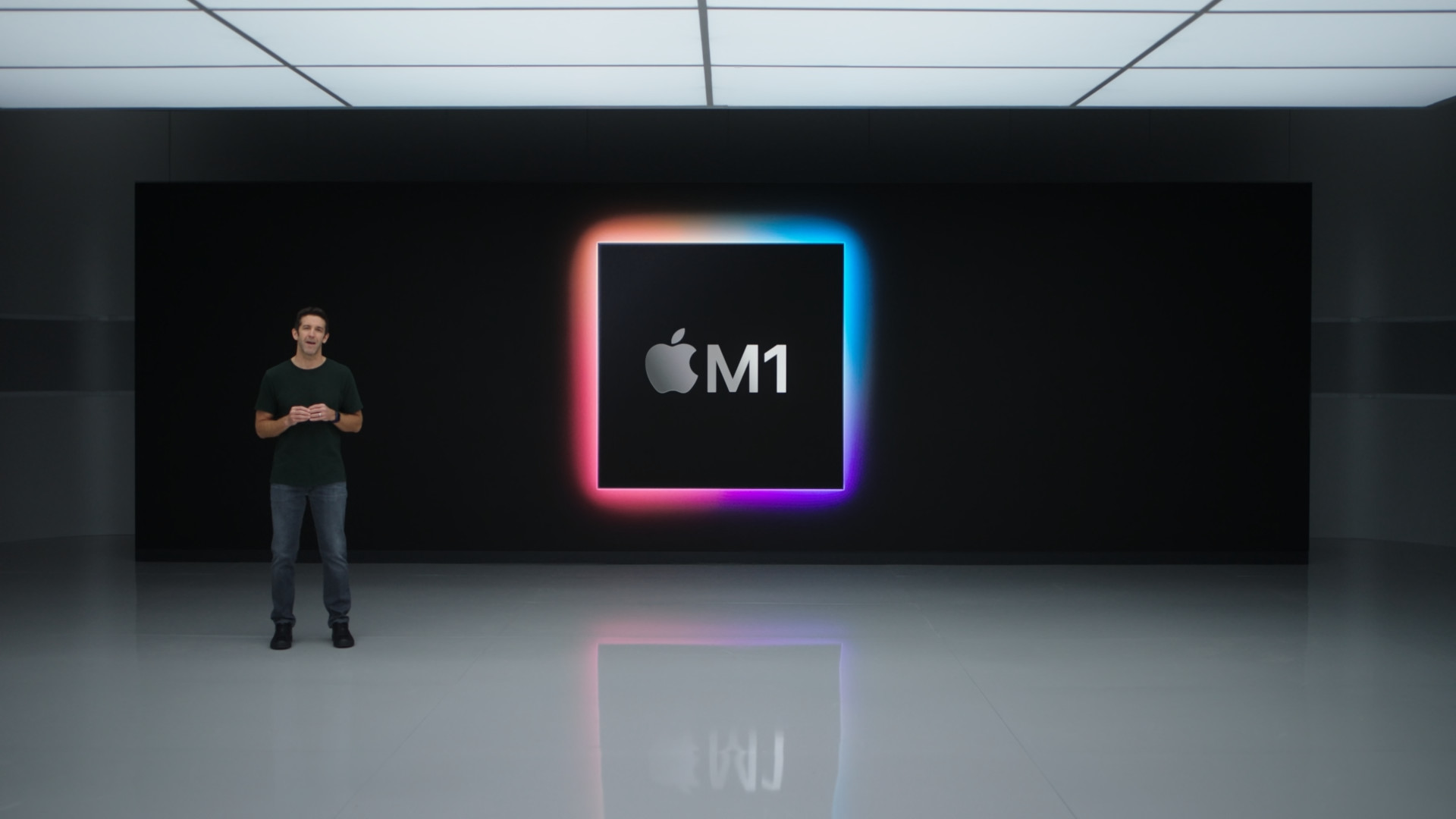
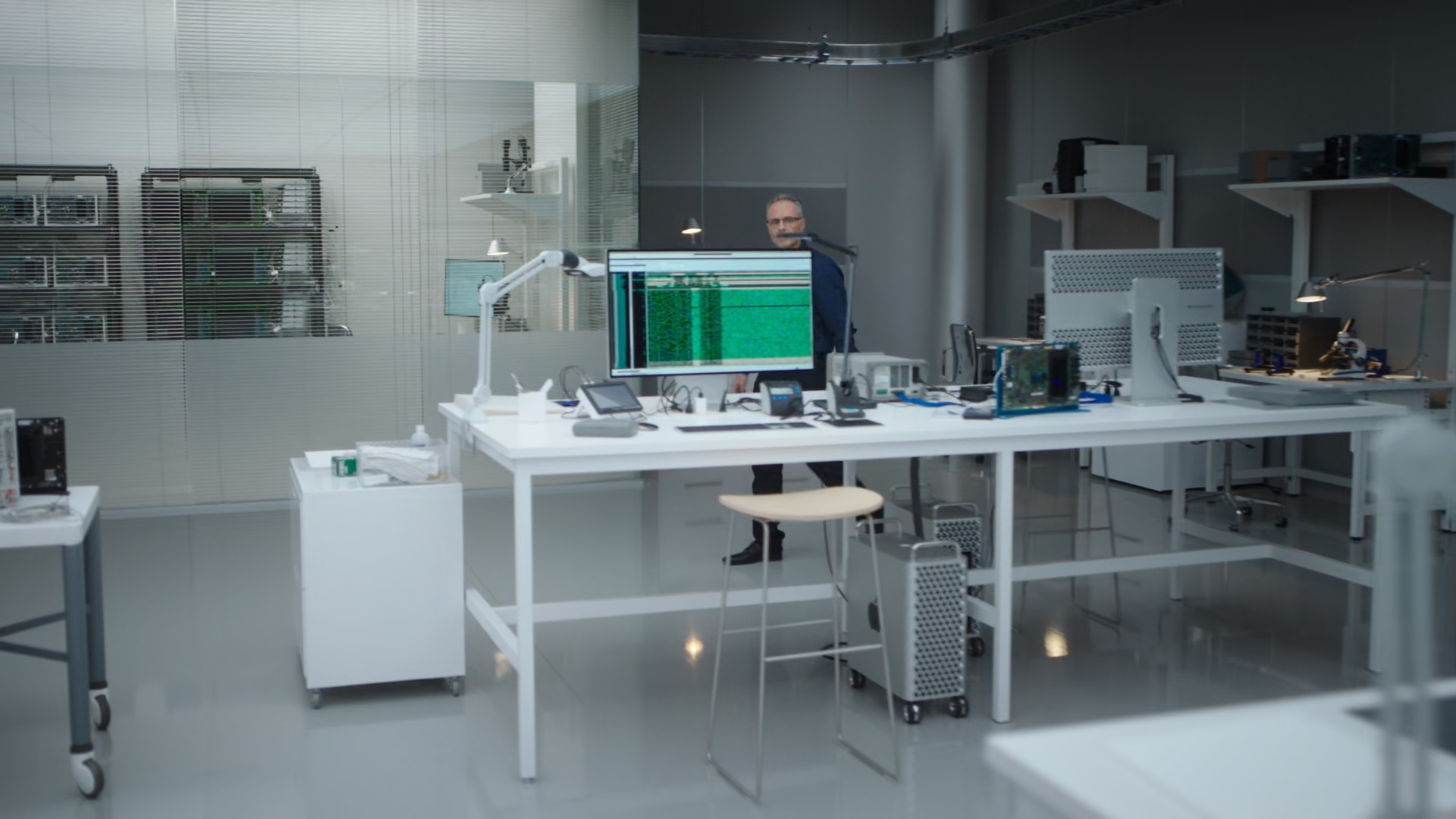
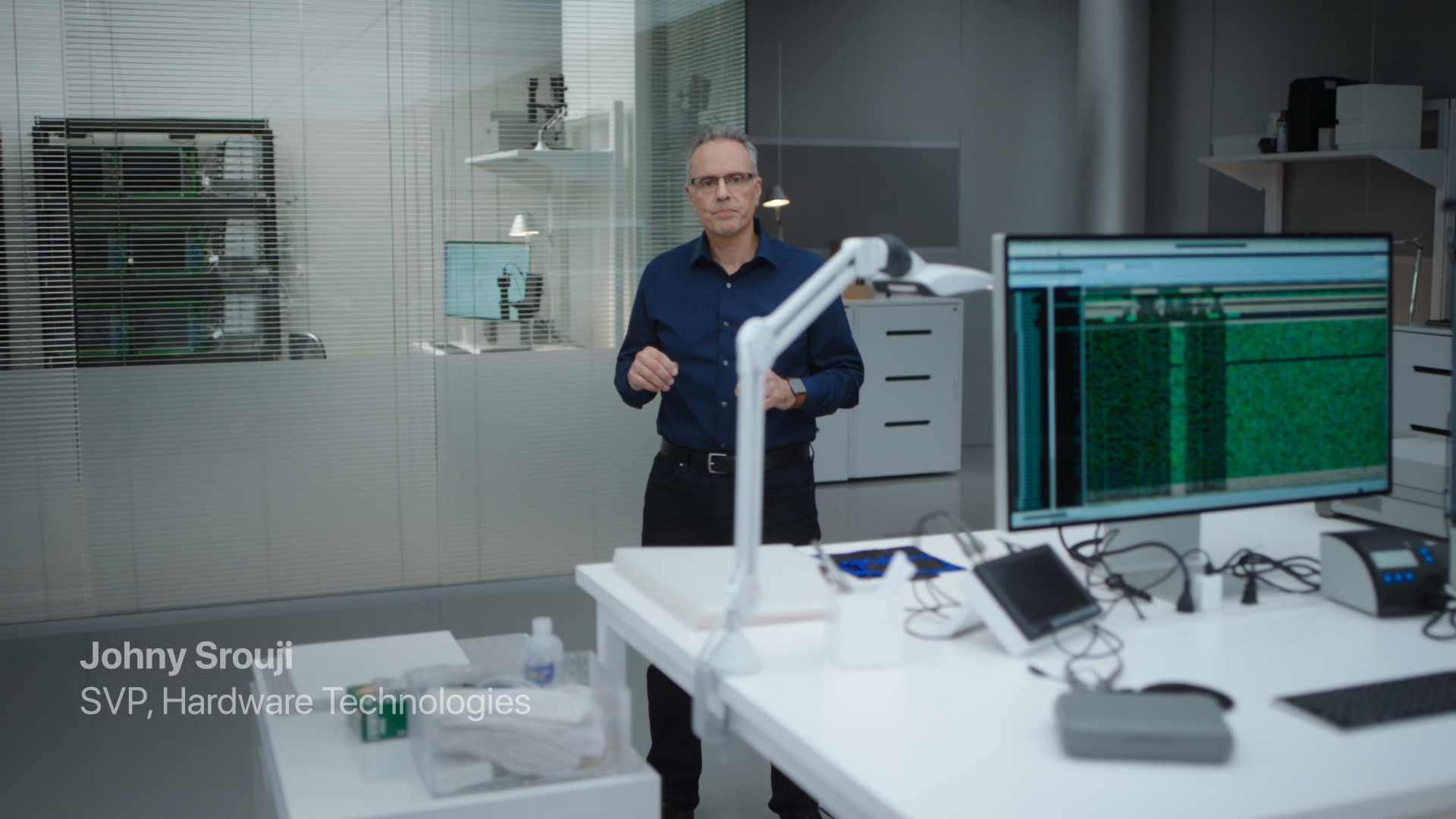


 Flying around the world with Apple
Flying around the world with Apple